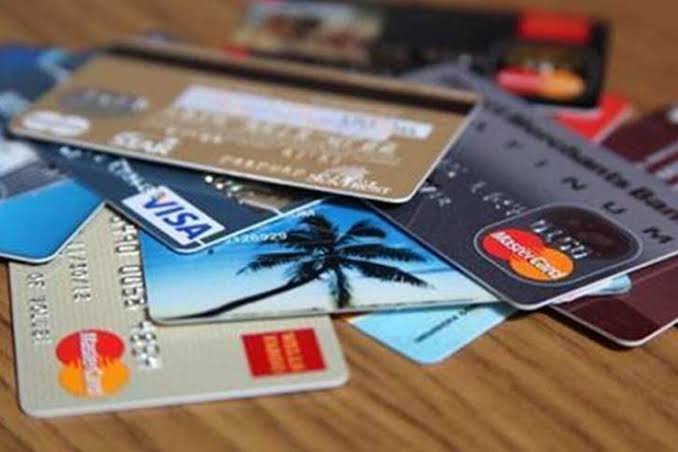The key rules in postal ATM transactions have changed
The Indian Postal Service has announced that the new rules will come into effect from October 1.
Accordingly, from October 1, the maintenance fee for a postal ATM card or debit card will be Rs. 125 + GST per annum. It has been announced that this fee will be in effect till September 30, 2024.
SMS charge
Also, SMS alerts sent to customers from October 1 will be charged at Rs 12 + GST. Also, if the customer loses his ATM card, he will be charged Rs 300 and GST to get a new card.
To do this, if the ATM card PIN is lost, you have to go to the post office branch to get a new PIN and pay 50 rupees.
ATM transaction fees
Customers can withdraw cash five times a month at postal ATMs. For more than five withdrawals each time, Rs 10 + GST will be charged.
Go for it, you can make non-financial transactions five times a month. On top of that you have to pay 5 rupees + GST every time.
Postal ATM – Transaction at a bank ATM
When withdrawing money at other banks’ ATMs, you can withdraw money three times a month in metro cities and five times a day in non-metro cities. On top of that you have to pay 8 rupees each time.
How much does it cost to withdraw money at POS?
There is a 1% charge for cash transactions if the transaction is done in the POS of the post office. It will charge a maximum of Rs 5 per transaction. As a result, postal customers will no longer have to pay extra for postal transactions.
This is the mistake made by an Indian in 3 .. Be careful ..!
Many problems have been exacerbated by cyber attacks in recent times. There are many problems, especially data theft, hacking, cell phone hacking.
Meanwhile, a recent study found that 11% of people in India have important financial information stored on their mobile phones.
What is the impact of this?
This is the mistake that one in 3 makes
What is also worrying is that one-third of Indians store important information, including bank account details, debit card and credit card details, ATM PIN numbers, Aadhar card, PAN number, on their mobile phones or computers and e-mails, according to a survey by Local Circles.
Data on mobile The study found that the same 11% of people keep important details about their personal finances in their phone’s contact list. Nowadays when you normally download and install an app based on an entertainment feature on your mobile, it asks for access to the data in the contact list on your mobile. If so, this is seen as a very dangerous thing to do. This is because it allows you to access your personal data without even knowing it.
Passwords Sharing Studies also show that almost one-third share their sensitive passwords with 1 or more members of their family. The Per Unisys Security Index 2020 report states that fraud through unauthorized access to an individual’s debit card and credit card is a major concern for users.
How many people study? LocalCircles conducted the study on 24,000 people in 393 districts across the country. 63% of respondents in this survey are men. 37% are women. Of the total respondents, 45% were from metro / tier 1 cities. 31% of respondents were from Tier 2 cities and 24% were from Tier 3 cities.
Who is who and where? Among the respondents, 7% said they store important bank account details such as bank account details, debit card, credit card, CVV, ATM passwords, Aadhar card, ban card by phone, 15% by mail or their computer, and 11% by mobile, email or computer.
The study found that 33% kept 21% of all important information about their finances in memory and 39% kept it in paper form. 7% of them said they did not want to comment. So a total of 33% of people store their important documents on mobile phones, mail or computer.
Be careful
Fear of cyber attacks is on the rise today. So storing financial details and documents like this is a very dangerous thing. So you may be the main reason for your information being stolen. So be careful in advance to avoid such problems.


